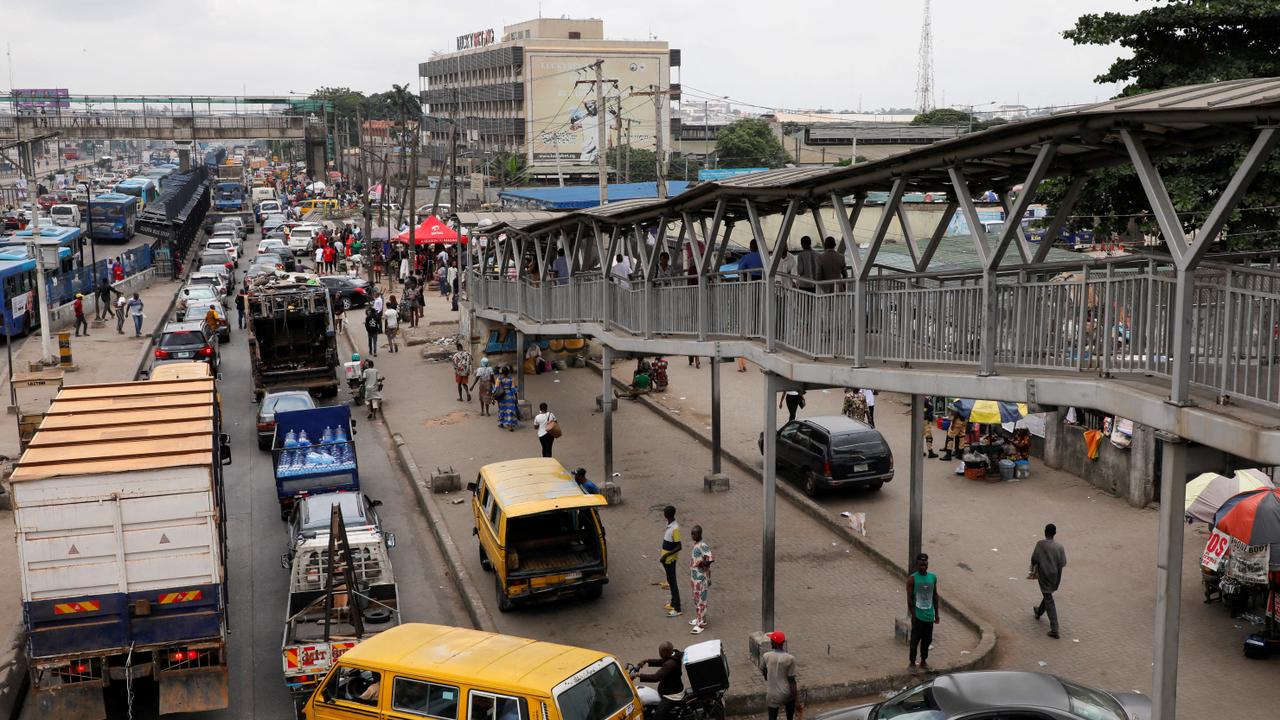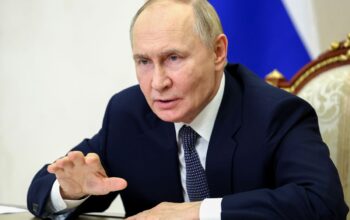Economy under strain
Nigeria’s economic reforms, particularly President Bola Ahmed Tinubu’s removal of fuel subsidies and the unification of exchange rates, were intended to stabilise public finances and attract investment. Instead, they have fueled hardship. Inflation hit 34.2% in 2024, the highest in 28 years, while food inflation surged to 40.7% ( National Bureau of Statistics, 2024 ). With one in two Nigerians now living in multidimensional poverty, the country’s vast oil wealth has yet to translate into broad-based development.
Persistent insecurity
Armed groups remain a major destabilising force. Boko Haram, its offshoot ISWAP, and Ansaru continue to wage violence in northern Nigeria. The August 2025 arrest of Ansaru leaders Mahmud Muhammad Usman and Mahmud al-Nigeri was hailed as a turning point, but experts caution that extremist networks are resilient and prone to retaliatory attacks. Kidnapping-for-ransom and farmer-herder clashes further compound insecurity, undermining state authority in vast swathes of the country.
Democratic fragility
Since its return to civilian rule in 1999, Nigeria has struggled with electoral credibility. Nearly every presidential election has ended in legal disputes. Analysts warn that unless the 2027 general elections improve on the contested 2023 polls, Nigeria risks eroding public trust in democracy. Political scientists say this could embolden other West African regimes, already plagued by coups and authoritarian backsliding, to manipulate their own electoral processes.
Fragile social systems
Nigeria’s health and education systems expose the cost of weak governance. The country has one of the world’s highest maternal mortality rates, with 1,047 deaths per 100,000 live births ( WHO, 2023 ). In education, millions of out-of-school children, estimated at 20 million by UNICEF, threaten the future of a youthful population.
Energy and infrastructure gap
Despite its oil reserves, Nigeria’s power sector is one of the least reliable in Africa. Over 85 million people, that is 43% of the population, lack access to grid electricity ( African Development Bank, 2024 ). Power generation averages 4,500 MW for a nation of 228 million, constraining industrialisation and job creation.
A nation at crossroads
Nigeria’s strategic weight is undeniable since it is Africa’s largest economy, the continent’s biggest democracy, and a key security partner to Western powers. Yet its internal crises, rising poverty, governance deficits, and insecurity raise questions about its long-term stability. With over 70% of Nigerians under 30, the country faces a stark choice: either to harness its demographic dividend for growth or allow frustration to fuel instability and unrest.
As Nigeria turns 65, it teeters between resilience and fragility. Whether it tips one way or the other will depend on the government’s ability to turn ambitious reforms into real improvements for ordinary citizens.












